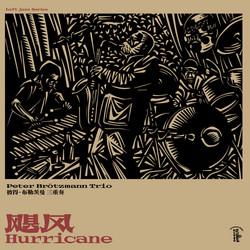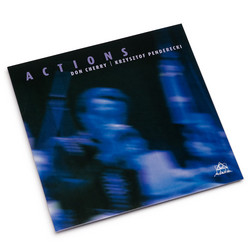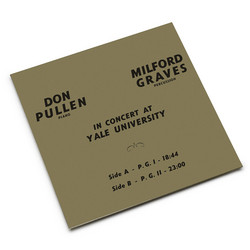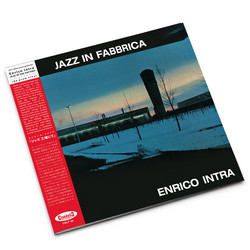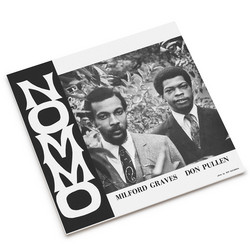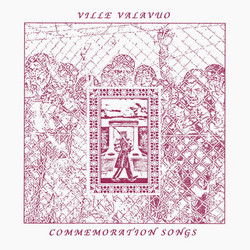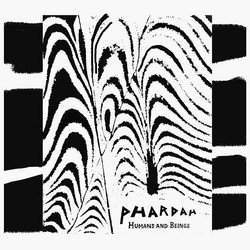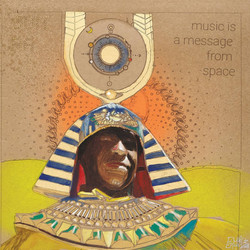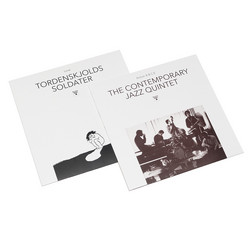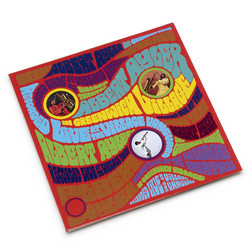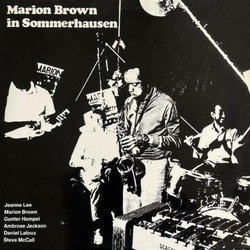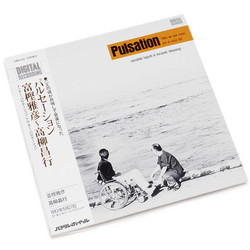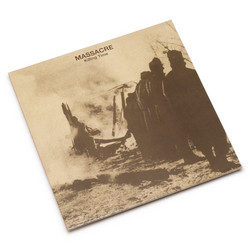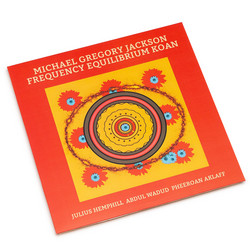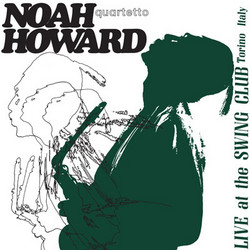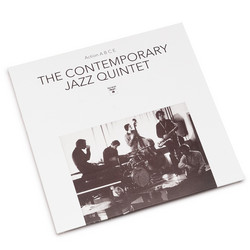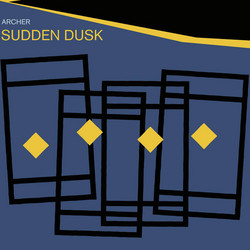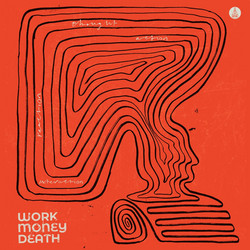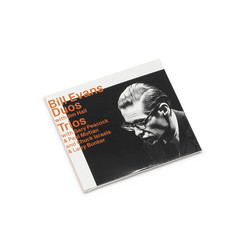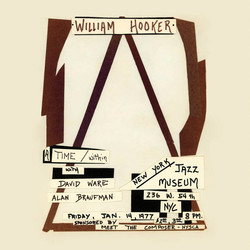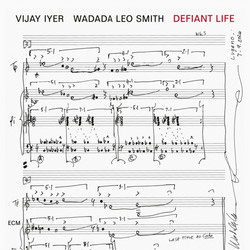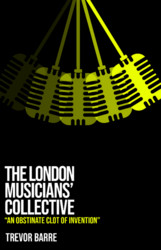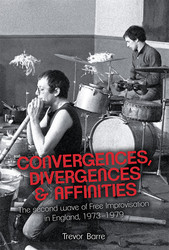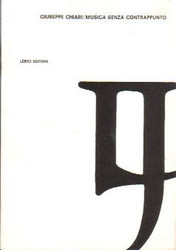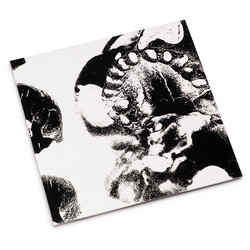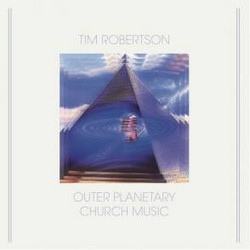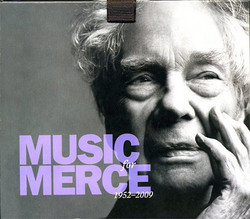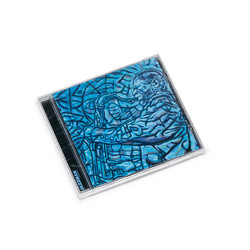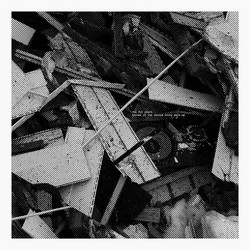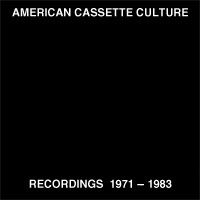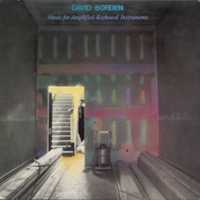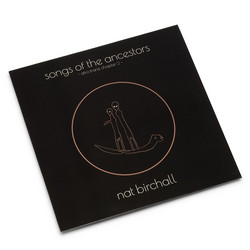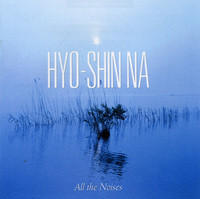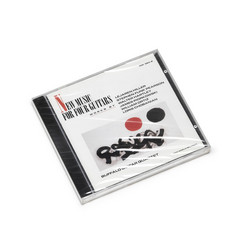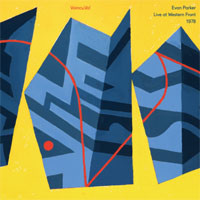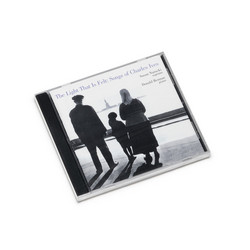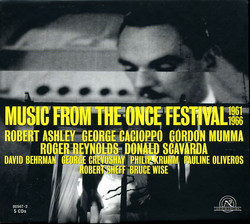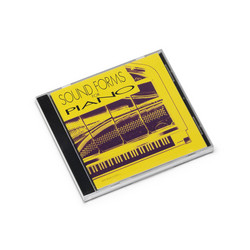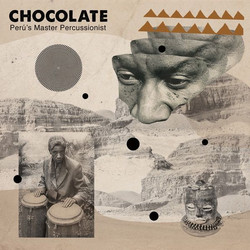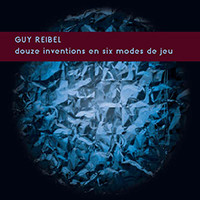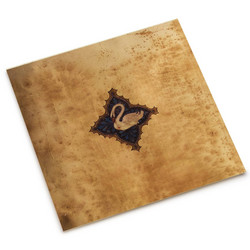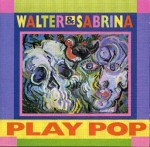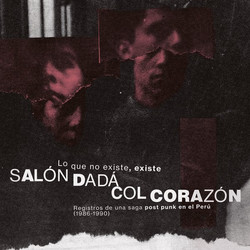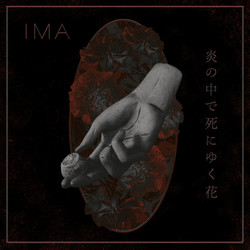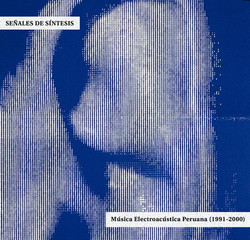**2016 revised edition** Utterly essential!!How did Free Improvisation, aka Free Music emerge? And how has this most arcane of musical forms survived so long and gained such loyal adherents? Trevor Barre seeks to answer these questions in Beyond Jazz, the first book solely devoted to the so-called First Generation of Free improvisers.
Beyond Jazz is an account of the genre's formative London years. It retraces the road that led from the music's emergence in late 1965/early 1966, through to its consolidation and acceptance as a serious ongoing musical form by 1972, an outcome that was by no means inevitable during the intervening years

The dates mentioned in the title roughly bracket the first wave of free improve in the UK, from the opening; from the opening of the legendary Little Theatre Club and Cornelius Cardew's joining of SME, both in January 1966, to the BBC's decision to cut avant-garde jazz from its Jazz Club programme in March 1972. It may have been just a few years, but in keeping with the general social and artistic turmoil of the late 1960s a huge amount of territory was staked out by the music's main first generation protagonists, who Barre rightly identifies as Spontaneous Music Ensemble, Amm, Evan Parker, Derek Bailey and offshoot units such as Trevor Watts's Amalgam and Paul Rutherfords Iskra 1903. Barre provides detailed overviews of all these groups and artists as well as key albums of the period but falls short, in both cases, of actually describing the music, even going as far as to claim that it is impossible to fully convey in words. For a book that seeks to pinpoint and explain the genesis of a radical new form of musical organisation, this is surely a major drawback. In fact, much of Barre's writing is rather clumsy, sitting somewhere between a scholarly treatise and an amateur fanzine. Even so, there's enough genuine insight to make this a compelling account, such as his theories on the musical synchronicity that saw Brit improve blossom at the same time as the AACM was developing a similar vocabulary thousands of miles away in Chicago in exactly the same way that, a few years earlier, Joe Harriot's free-form experiments unwittingly echoed Ornette Coleman's contemporaneous experiments. In all, it's a highly readable appraisal of that most English of musical revolutions" Jazzwise
328 pages, Softcover
